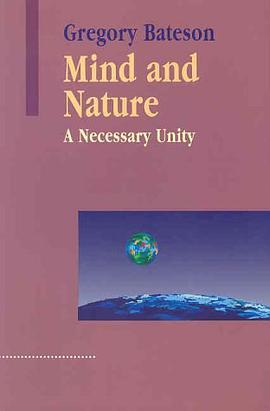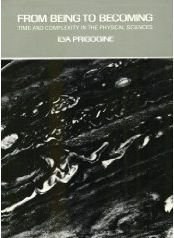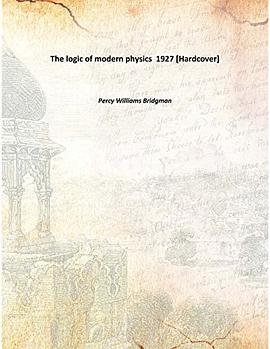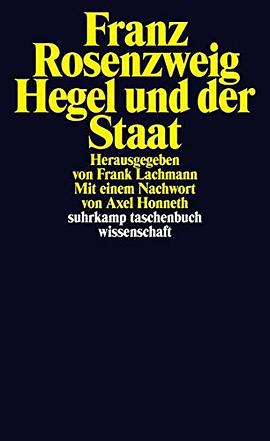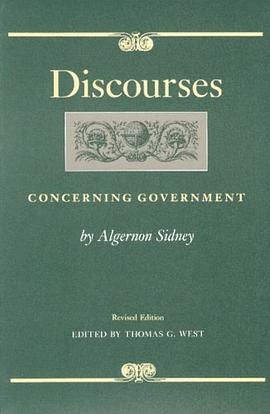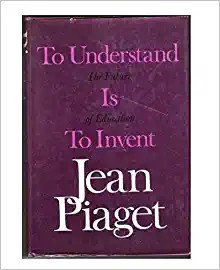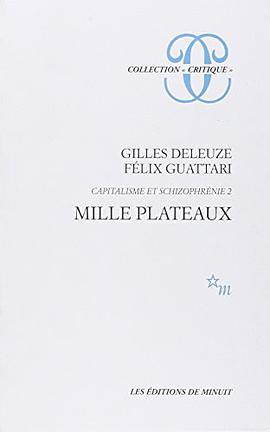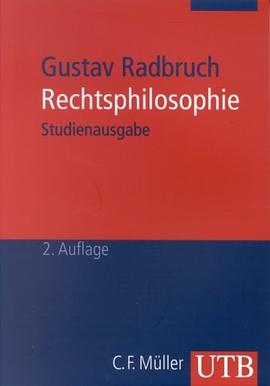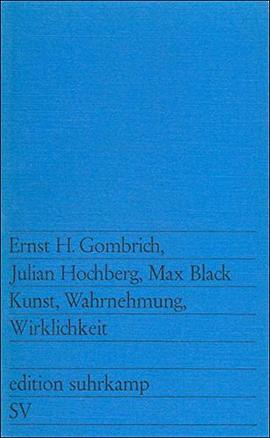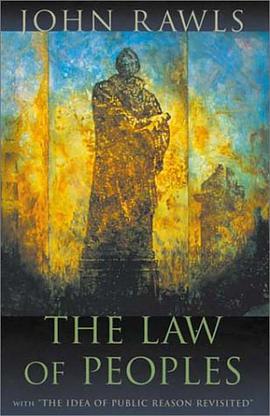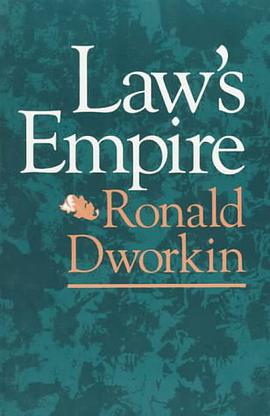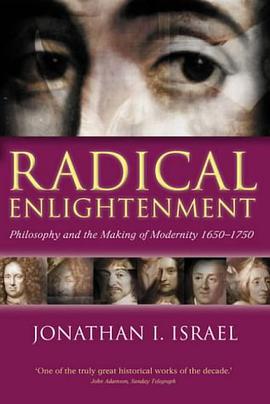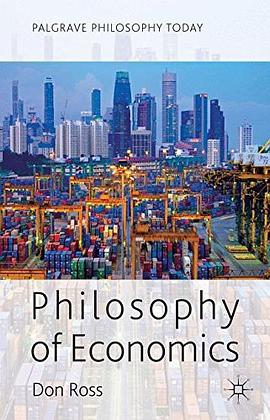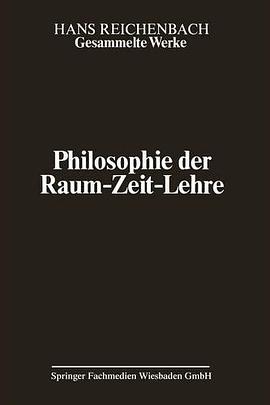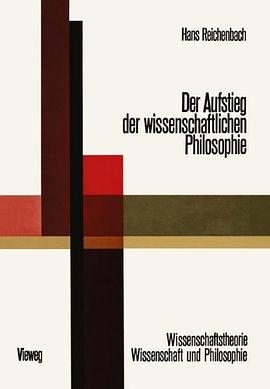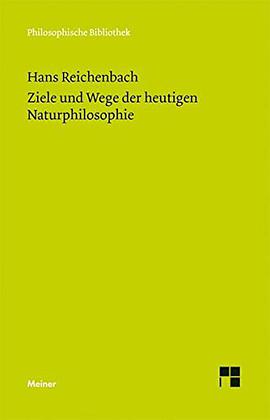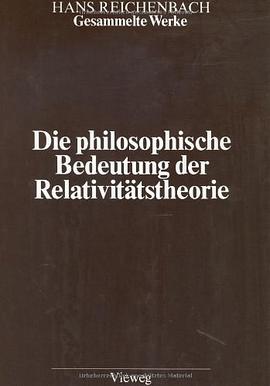In the wake of the Scientific Revolution, the late seventeenth and eighteenth centuries saw the complete demolition of traditional structures of authority, scientific thought, and belief by the new philosophy and the philosophers, including Voltaire, Diderot, and Rousseau. The Radical Enlightenment played a part in this revolutionary process, which effectively overthrew all justification for monarchy, aristocracy, and ecclesiastical power, as well as man's dominance over woman, theological dominance of education, and slavery. Despite the present day interest in the revolutions of the eighteenth century, the origins and rise of the Radical Enlightenment have received limited scholarly attention. The greatest obstacle to the movement finding its proper place in modern historical writing is its international scope: the Radical Enlightenment was not French, British, German, Italian, Jewish or Dutch, but all of these at the same time.
In this wide-ranging volume, Jonathan Israel offers a novel interpretation of the Radical Enlightenment down to La Mettie and Diderot, two of its key exponents. Particular emphasis is placed on the pivotal role of Spinoza and the widespread underground international philosophical movement known before 1750 as Spinozism.
